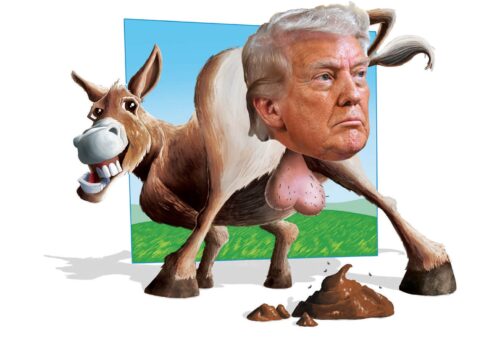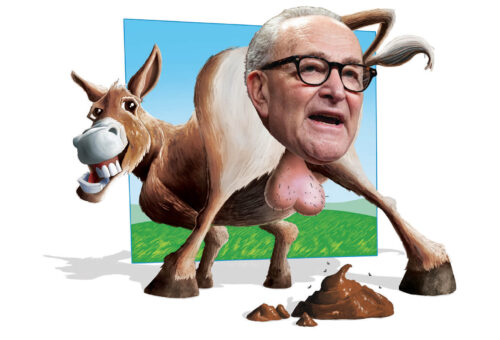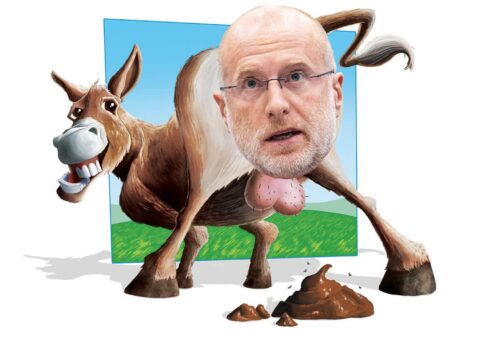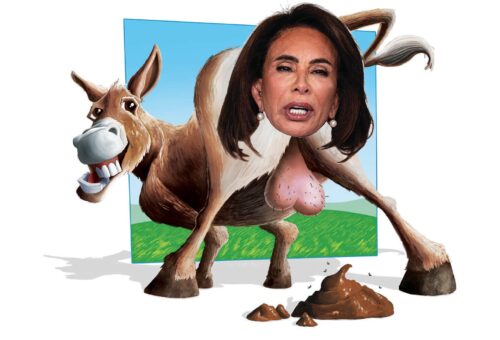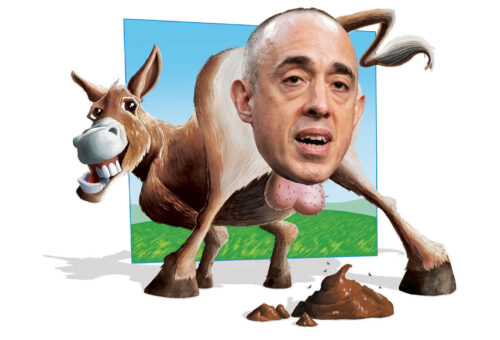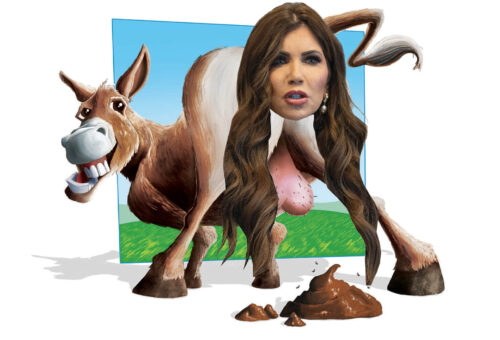90 Seconds to Midnight
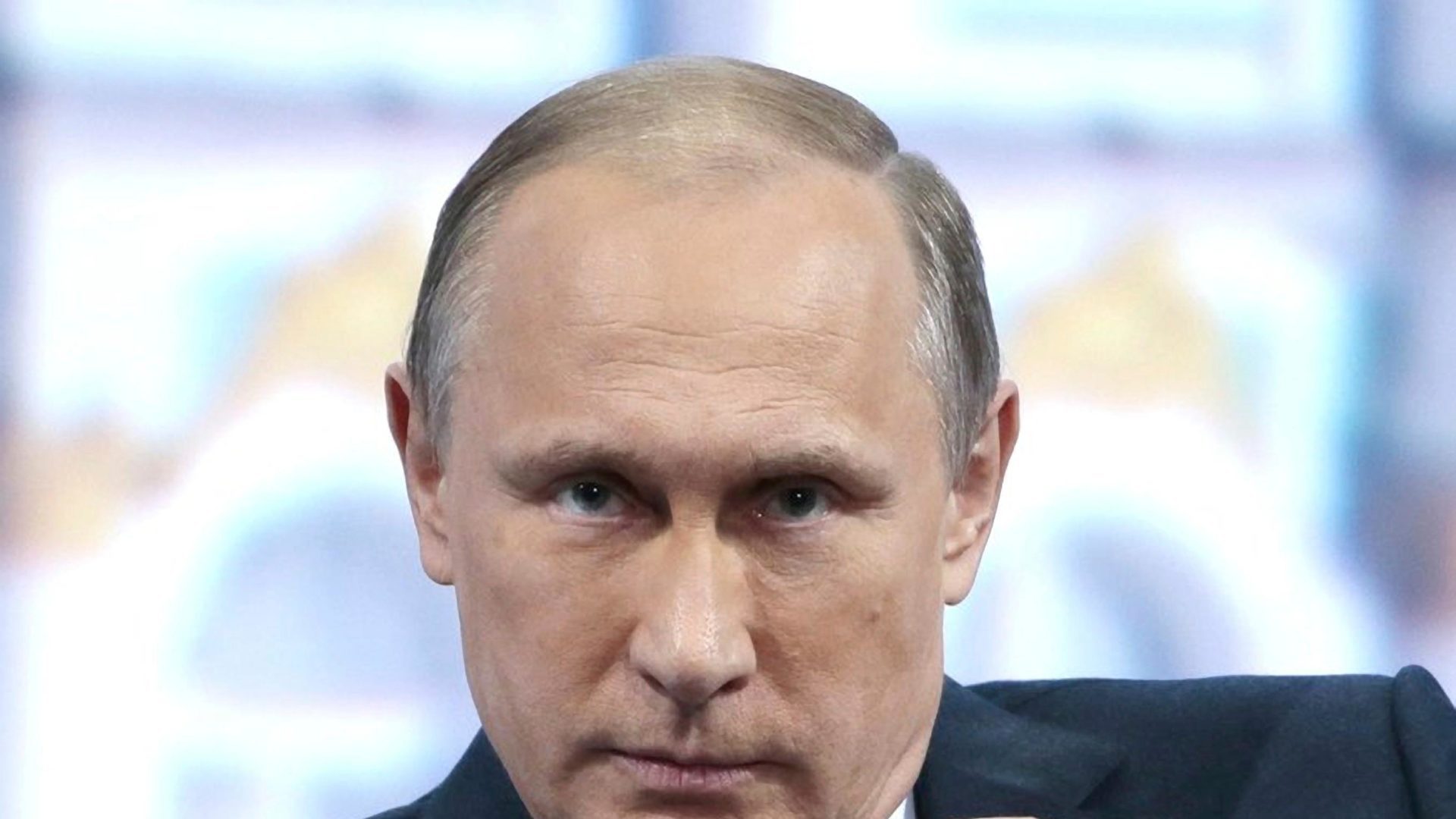
Despite apocalyptic dangers, democratic nations must not cower to Putin’s “nuclear coercion” in Ukraine.
“The clock is now ticking.” Those ominous words ended my July 2017 column headlined “2½ Minutes to Midnight.” At the time a new, dangerously unpredictable President had just been inaugurated, and the Bulletin of the Atomic Scientists announced it had ticked its notorious Doomsday Clock forward by 30 figurative seconds, the closest it had been inched toward Apocalypse since 1953.
The Doomsday Clock was conceived in 1947 as a symbolic warning for a civilization threatening itself with nuclear destruction. By 2017, as Donald Trump took office, the Bulletin’s Science and Security Board cited, among other factors, the escalating danger of global warming to “the future of humanity.” It described “the political situation in the United States” to be “of particular concern,” warning that the new administration was nominating appointees “openly hostile to…even the most modest efforts to avert catastrophic climate disruption.”
The Bulletin didn’t advance the clock farther ahead, it explained, because Trump—who famously described climate change as a “hoax”—had “been the U.S. President only a matter of days” before 2017’s adjustment.
The climate crisis has since grown more dire, and the menace of viral pandemics has also been factored in by the Bulletin’s scientists. But with the threat of nuclear annihilation looming anew in 2023, the clock was moved forward to just 90 seconds before midnight—mankind’s proverbial doomsday. “We are living in a time of unprecedented danger,” Bulletin chief Rachel Bronson announced when the hands inched closer than ever to midnight, “and the Doomsday Clock time reflects that reality.”
The Bulletin’s Science and Security Board, which boasts ten Nobel laureates, warned, “Russia’s war on Ukraine has raised profound questions about how states interact, eroding norms of international conduct…. And worst of all, Russia’s thinly veiled threats to use nuclear weapons remind the world that escalation of the conflict—by accident, intention or miscalculation—is a terrible risk.”


















